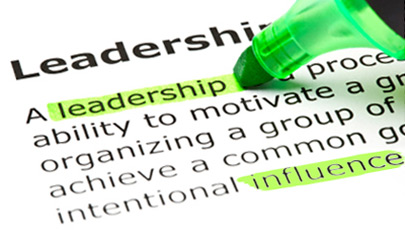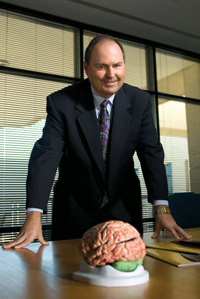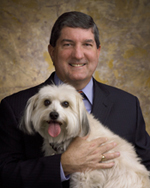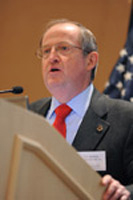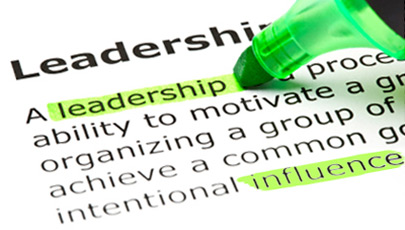
How to lead: Leverage those mutual dependencies
Leaders acquire the power to affect the behavior of others by controlling access to valued resources. But often access involves an element of reciprocity, says W. P. Carey associate professor of management Kevin Corley, who studies and teaches leadership theory and skills. “How to Lead” is a two-part podcast produced for Business to Go: knowledge and skills that you can put to work today in your business and career.


